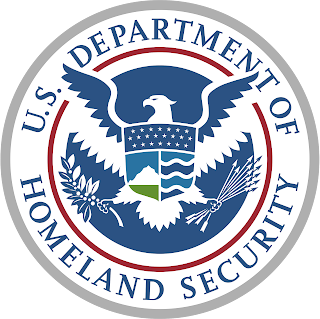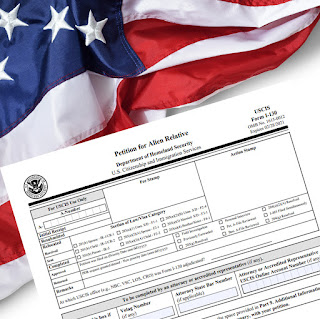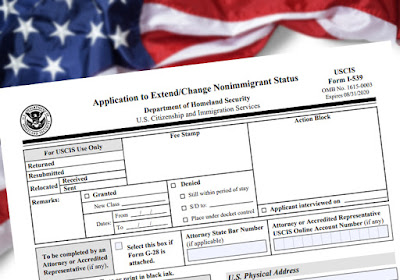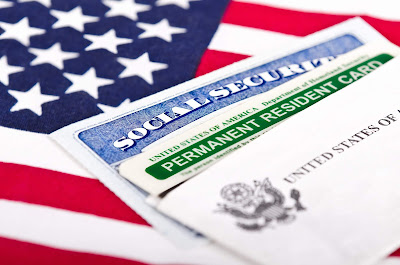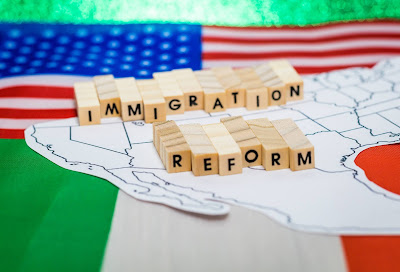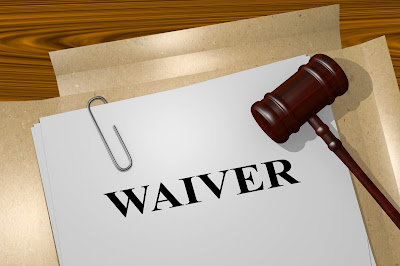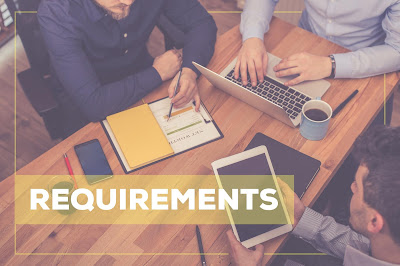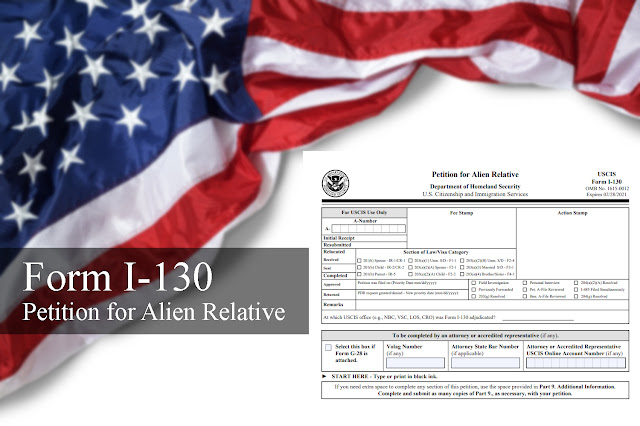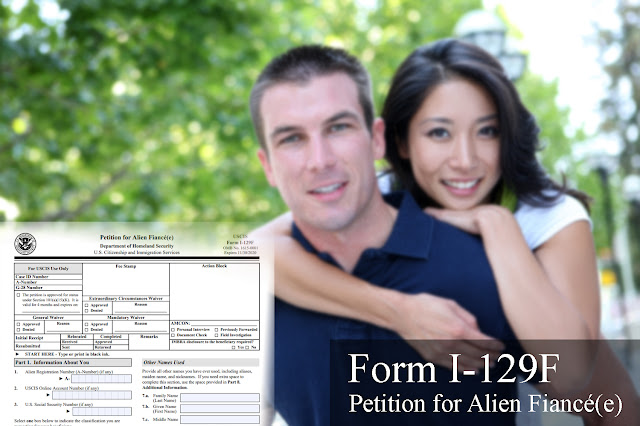In September 2015, the Department of State (DOS) and USCIS jointly announced a new procedure that allowed family and employment-based immigrant visa applicants currently waiting for a visa to start their immigration process or apply for adjustment of status before their Priority Date becomes available.

In visa categories which are oversubscribed, meaning that there is higher demand for visas than there are available, an applicant’s place in line is based on the date a petition is filed; called the Priority Date. DOS updates the Priority Dates monthly and publishes them in the DOS Visa Bulletin. USCIS also uses the Visa Bulletin for applicants who are eligible to adjust their status in the United States.
Beginning with the October 2015 Visa Bulletin, there are now two charts listing dates for each preference category and country of chargeability: (1) An "Application Final Action Dates" chart ("Final Action Date"); and (2) a "Dates for Filing Applications" chart ("Filing Date").
Applicants with Priority Dates earlier than the date listed on the "Filing Date" chart (also known as Table B) for their preference category and country of chargeability will be notified by the National Visa Center that they may submit their documentation and begin the application process. However, an interview and final decision on the application cannot take place until the Priority Date is current as per the Final Action Date (also known as Table A).
For example, in the Visa Bulletin for September 2019, under the F4 category (Brothers and Sisters of U.S. citizens), the Filing Date Table B Priority Date is 08MAR07 (March 8, 2007) while the Final Action Date Table A Priority Date is 01NOV06 (November 1, 2006). This means that applicants can begin their visa application process and submit their documentation if their Priority Date is on or before March 8, 2007. But they will still have to wait until their Priority Date on Table A becomes current before they can receive a visa.
The implementation of this new Filing Date chart was to create better efficiency for both applicants, who can begin to prepare their application in advance, and for better allocation of visas each month by the State Department.
If you are in line waiting for a visa to become available, pay attention to the Filing Date chart to know when you can begin the application process, but understand you might still need to wait many more months before your visa number becomes available.
For more information about the visa bulletin, contact us at …
ENTERLINE & PARTNERS CONSULTING
Ad: 3F, IBC building, 1A Cong Truong Me Linh Str, District 1, HCMC.
Tel: 0933 301 488
Email: info@enterlinepartners.com
Website: http://enterlinepartners.com
